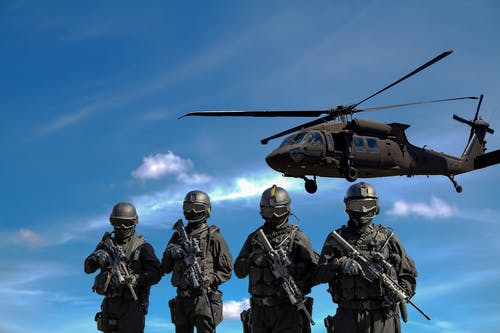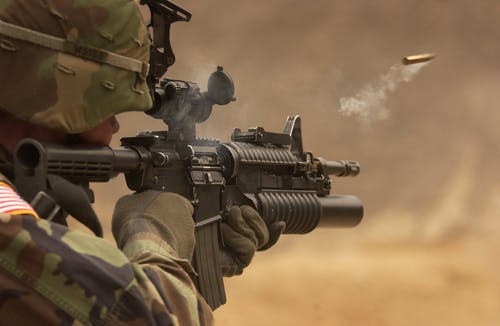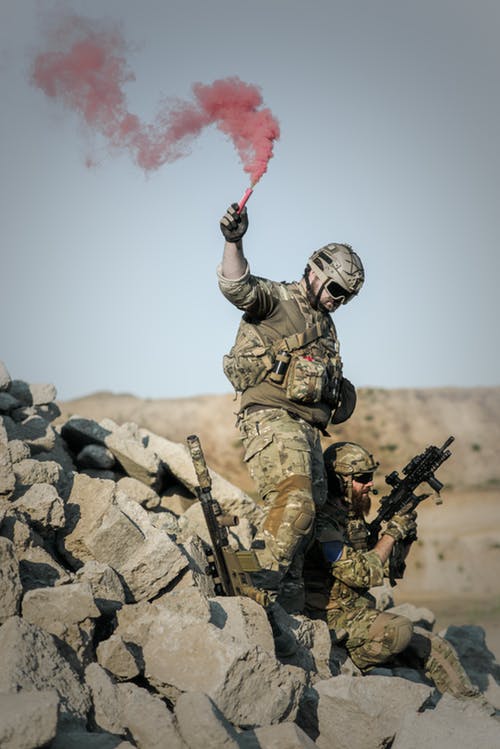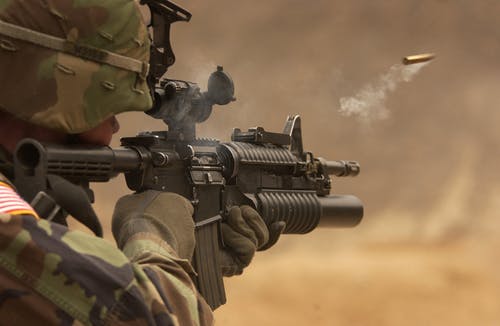Military personnel who struggle with addiction might find it challenging to meet expectations because of the overpowering effects that come with addiction.
Hence, this is why it is best to prevent addiction from happening so that the individual would not go through the rigorous path of addiction treatment.
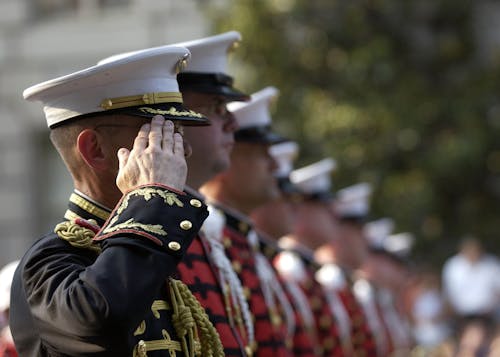
Here are some health tips that military personnel can apply to prevent addiction
Learn more about addiction
Military personnel needs to know all that addiction entails. For instance, someone who wants to avoid drug addiction needs to stay away from people who abuse drugs because they might likely do the same thing in the long run.
They should also avoid overdosing on some prescription medication irrespective of how they feel.
Know how to recognize a building addiction problem
Another important tip is for military personnel to know when an addiction problem is building. You might be engaging in an activity that could give rise to addiction.
One of the ways to tell that an addiction is building is when you begin to behave in a way that is unusual of you.
For instance, you might begin to prefer staying isolated instead of gracing social gatherings. Additionally, you might be having issues getting enough sleep. When you notice some of these strange signs, an addiction problem might be brewing.
Imbibe healthy habits
When it comes to preventing addiction from happening, you need to live a healthy life. You can begin by paying attention to your diet. Ensure you eat a balanced meal instead of feasting on junks and snacks. Take lots of water to remain dehydrated and active.
Spend a good amount of time working out to reap the mental and physical health benefits. It is also important to set some time apart to have enough rest to keep your body active and sharp.
Take breaks
Military personnel need to factor in the need to take periodic breaks. When they have spare time, they should seize the moment to focus on themselves alone. During these breaks, they can engage in interests or hobbies that they enjoy doing.

